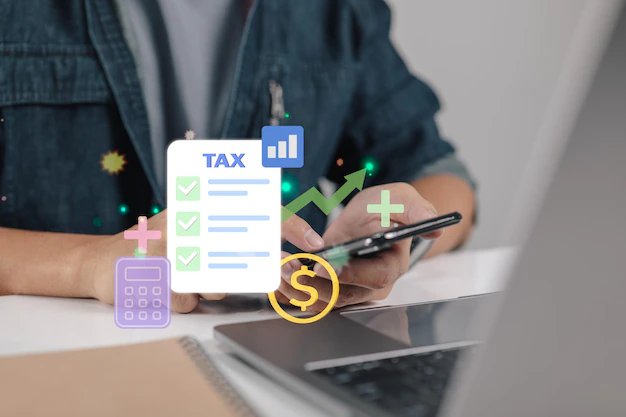A tax refund is issued by the US treasury when an individual has paid more taxes than needed. A person may pay more than their due taxes under everyday circumstances, such as if an employer withholds more money than is needed from an employee’s check.
You do not have to worry if you feel that you have paid extra on your taxes. Luckily, the IRS reimburses any amount overpaid by the taxpayers in a single payment. Everyone wants to get their hands on this extra amount as soon as possible.
Before you proceed, go through this guide to learn all about claiming your income tax refunds.
Reasons For A Tax Refund
While tax refunds can sound like a great idea, they may not be the best way to put your money to use. You are better off not overpaying your taxes. Instead, you can invest the extra amount in a 401(k) account or open a high-yield savings account.
Even aftercare and vigilance, anyone who has overpaid their taxes during the year can expect to come across the fastest way to get your tax refund. According to SoFi, “Learning that you are eligible for a tax refund can be a welcome surprise. Or maybe it’s something you’ve been hoping (or even waiting for) for months.” Before you think about securing the lump sum amount, you must understand the reasons why a taxpayer might be eligible for a refund.
Error In Form W-4
Some taxpayers can make intentional mistakes while filling out their Form W-4 (an IRS tax form completed by an employee in the United States to indicate their tax situation to the employer). A mistake made in this form may make you eligible for a refund.
Change Of Circumstances
Many taxpayers often forget to update their W-4 forms based on a drastic change of circumstances in their lives. The most common example is the birth of a child and the individual being indulged in additional child tax credits (CTC). Such individuals may be entitled to tax refunds.
Avoidance Of Penalties
Freelancers and self-employed people undertake the responsibility of filing their own estimated taxes quarterly. It can be an overwhelming experience, as underpayment can lead to penalties. Hence, self-employed people often become eligible for tax refunds.
Refundable Tax Credits
Some individuals often have refundable tax credits. It means that the amount of taxes they owe to the state is below $0. Such individuals can receive a refund for the difference.
The Process
The state makes tax refunds through a one-time payment. They are issued either as checks through the mail or a taxpayer’s bank account. These refunds are issued within weeks of filing a tax return. This process can be expedited further if you e-file your tax returns.
You can use the refund to purchase U.S. Series I Savings Bonds or consider having the amount loaded to a prepaid debit card. That is why overpaying taxes is considered a way to save money. However, experts agree that it is better to explore alternative ways.
Refundable Tax Credits
While most tax credits are nonrefundable, refundable tax credits ensure that any remaining amount of a taxpayer is duly paid to them. Refundable tax credits help taxpayers get their valid refunds regardless of their income, lifestyle, or tax liability. The following tax credits are considered refundable.
- Child Tax Credit (CTC)
- Earned Income Tax Credit (EITC)
- American Opportunity Tax Credit (AOTC)
- Premium Tax Credit (PTC)
When To Expect A Refund
The Internal Revenue Service (IRS) claims that it issues most refunds in 21 calendar days (3 weeks). However, you may have to wait till March if you claim additional earned income or child tax credit. You can use the “Where’s my Refund” tool from the IRS to check the status of the tax return filed recently.
Read Also:




























